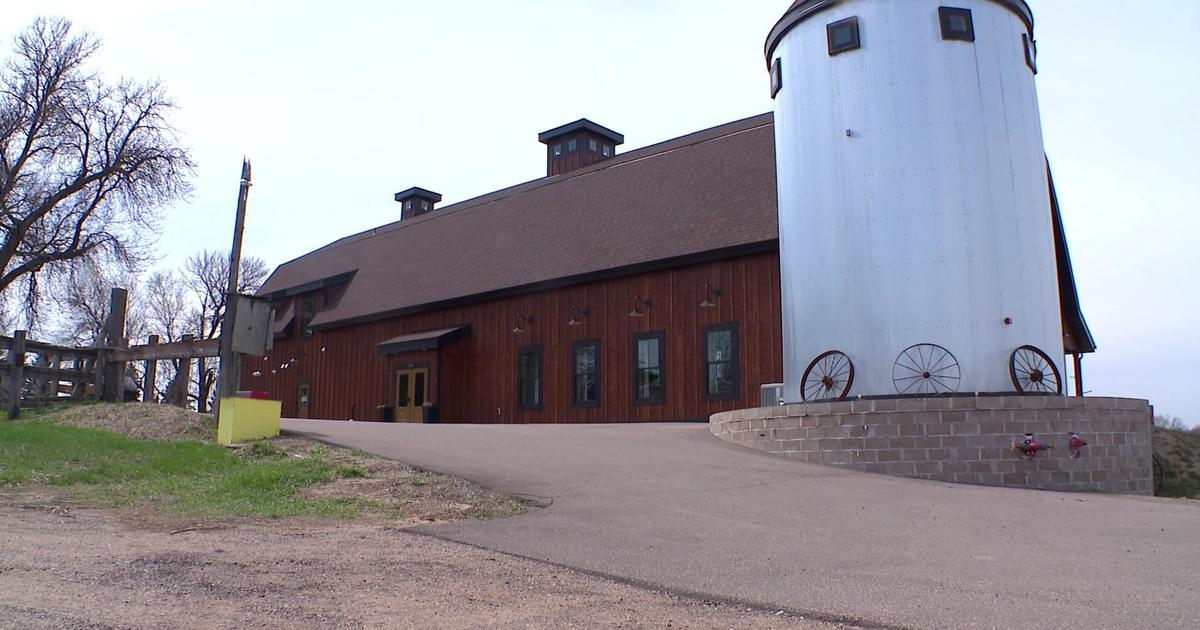Nutritionists: Eat Your Calories, Don't Drink Them
MINNEAPOLIS (WCCO) -- Have you ever heard the saying, "Don't drink your calories"? Most nutritionists recommend saving your calories for food dishes instead of beverages.
Shape Magazine put together a list to help steer you in the right direction when it comes to drink choices. They had a few beverages make their naughty list.
Among the drinks you should avoid are flavored and infused waters. They may deliver a few extra vitamins, but can be packed with added sugars. Next time you buy a bottle of water, check the label. If you see anything more than water and natural flavors, leave it on the shelf.
Alcohol in moderation -- meaning one or two drinks a day -- has been shown to raise HDL cholesterol (the good kind), boost blood flow, and improve sugar metabolism.
But when you ask for that third drink, your risk for obesity and slew of other health problems starts to climb. A March 2011 study from the American Cancer Society found that the risk of cancer death was 36 percent higher among people who drank liquor heavily (3 or more drinks each day) than those who drank in moderation or not at all.
When it comes to cocktails, the mixers are the real calorie culprits. According to the USDA, a 16-ounce pina colada can clock in at a whopping 880 calories, that's more than 8 times the amount in a shot of rum.
When people think about "energy" drinks, they're usually referring to products that contain caffeine.
The problem is that most "energy drinks" are loaded with too much caffeine and sugar
They may give you a short-term burst of energy, but you'll ultimately crash and just want to zonk out.
Labels like "juice drink" and "juice cocktail" are almost always a euphemism for brightly-colored sugar water. For a truly healthy drink, look for 100 percent juice.
Most store-bought versions are made from the same sweeteners used in soda, combined with preservatives and artificial color. At 100 calories per cup, and with the equivalent of 6 teaspoons of sugar and zero nutrients, you're essentially drinking liquid candy. Definitely not refreshing.
When made with 2 percent milk, a large icy cup of coffee can contain up to 800 calories and a third of the maximum recommended intake for artery-clogging saturated fat.
And there's a reason why it tastes so sweet: At 170 grams of sugar in a typical drink, you get more of a sugar shock than a caffeine buzz.
When you need a brain boost, you're better off sipping green tea or snacking on a handful of walnuts.
Obviously, everything is best in moderation. And water is always your best bet if you're truly thirsty.



